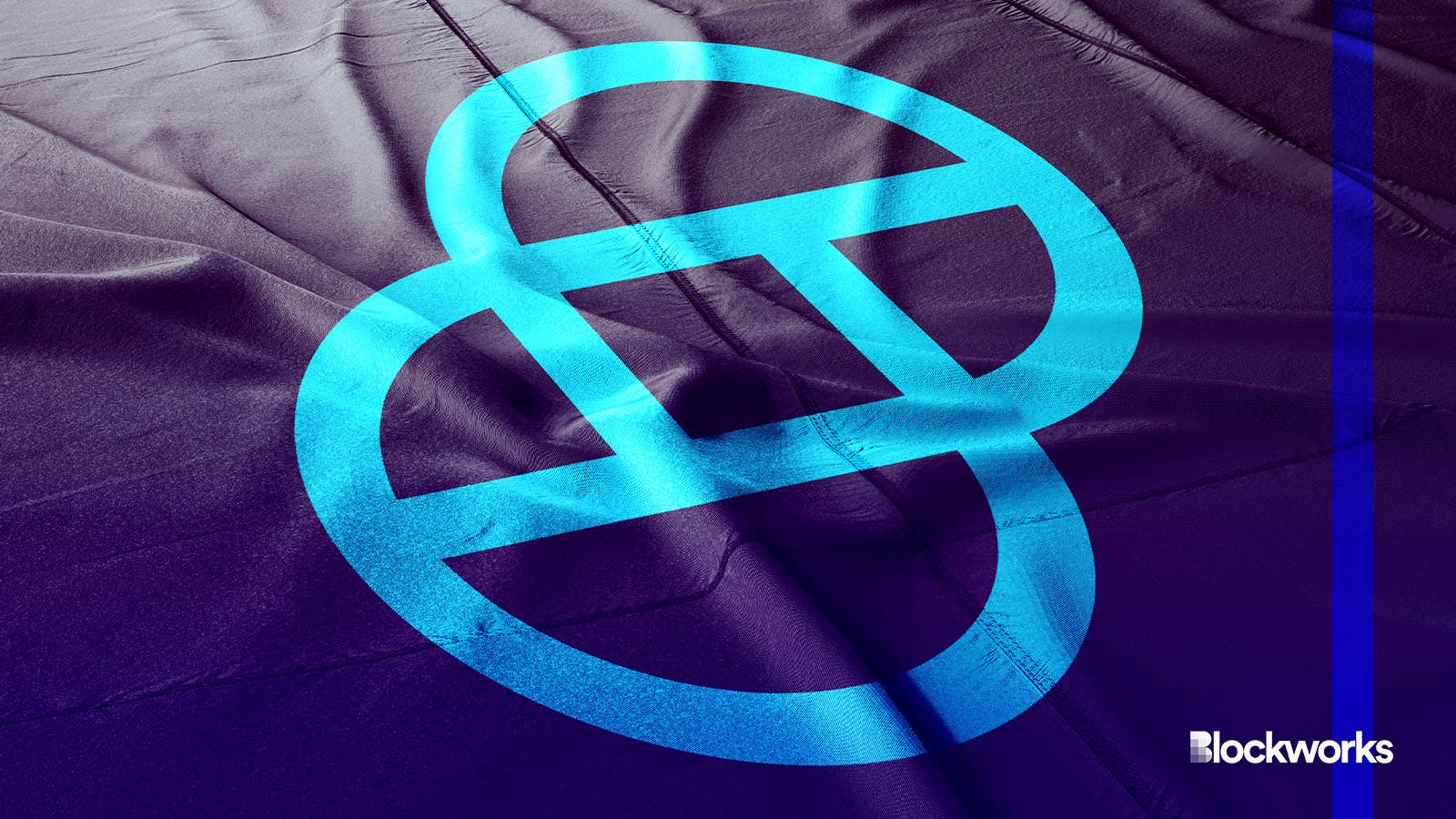Gemini settles with NY regulators, will return $1B to Earn customers via Genesis bankruptcy
Gemini “failed to prevent harm suffered by Earn program customers,” according to a NYDFS statement

HFA_Illustrations/Shutterstock modified by Blockworks
The New York State Department of Financial Services announced a settlement with Gemini on Wednesday.
The firm will “return at least $1.1 billion” to customers of the Gemini Earn Program through the Genesis bankruptcy proceeding.
“In furtherance of that commitment, Gemini will contribute $40 million to the GGC bankruptcy for the benefit of Earn customers in coordination with the Bankruptcy Court,” said the New York finance regulator.
Read more: DCG calls NYAG, Genesis settlement agreement ‘subversive’
Additionally, Gemini, co-founded by Cameron and Tyler Winklevoss, will pay the DFS $37 million penalty for failures that “threatened the safety and soundness of the company.”
The NYDFS said it could bring further action against the company if it doesn’t fulfill its obligations.
“Gemini failed to conduct due diligence on an unregulated third party, later accused of massive fraud, harming Earn customers who were suddenly unable to access their assets after Genesis Global Capital experienced a financial meltdown,” said Superintendent Adrienne Harris.
In a post on its website, Gemini said that all Earn users will receive “100% of their digital assets back in kind” as part of a settlement in principle with Genesis and other creditors. The settlement is not finalized and needs to be approved by a bankruptcy court.
If the settlement is approved, then “Earn users can expect to receive approximately 97% of their assets in kind within about two months,” Gemini said.
Genesis and its parent company, Digital Currency Group, went to court this week to argue cases for and against the proposed bankruptcy plan submitted by Genesis last year.
Sean O’Neill, a lawyer for Genesis, argued on Monday that DCG should not “come in and take a cut” of customer assets.
Creditors, under the Genesis plan, could see recoveries up to 77%. DCG argued that the plan is not legal under bankruptcy laws because it “favors” some creditors. DCG wants the customer claims to be based on the price of cryptocurrencies back when Genesis filed for bankruptcy in early 2023.
Additionally, the two are at odds concerning a settlement with the New York Attorney General.
The NYAG sued Genesis, DCG and Gemini late last year, alleging that the three conspired on “fraudulent schemes” related to the Gemini Earn program. The NYAG is seeking $3 billion in restitution from Gemini and DCG.
Updated Feb. 28, 2024 at 4:53 pm ET: Added statement from Gemini.
Get the news in your inbox. Explore Blockworks newsletters:
- The Breakdown: Decoding crypto and the markets. Daily.
- Empire: Crypto news and analysis to start your day.
- Forward Guidance: The intersection of crypto, macro and policy.
- 0xResearch: Alpha directly in your inbox.
- Lightspeed: All things Solana.
- The Drop: Apps, games, memes and more.
- Supply Shock: Bitcoin, bitcoin, bitcoin.





